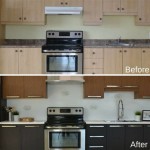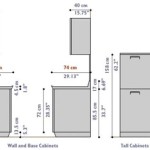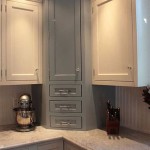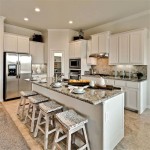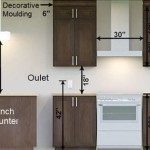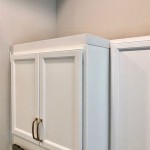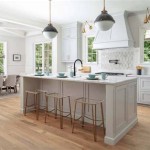Essential Aspects of Kitchen Cabinet Islands: A Comprehensive Guide
Kitchen cabinet islands are versatile and stylish additions that can enhance the functionality and aesthetics of any kitchen. They provide extra counter space, storage, and seating, making them a popular choice for homeowners looking to improve their cooking and dining experiences. However, planning and designing a kitchen island requires careful consideration to ensure it complements the overall kitchen layout and meets your specific needs.
Here are some essential aspects to consider when planning your kitchen cabinet island:
1. Size and Shape
The size and shape of your kitchen island will depend on the available space and the intended use. A small island can provide additional counter space for food preparation or casual dining, while a larger island can accommodate a sink, cooktop, or seating area. The shape can be rectangular, square, L-shaped, or even curved, allowing for customization to fit your kitchen's unique layout.
2. Countertop Material
Choosing the right countertop material is crucial for durability, aesthetics, and ease of maintenance. Popular options include granite, quartz, marble, butcher block, and laminate. Consider the style of your kitchen, the frequency of use, and your budget when making your selection.
3. Storage Capacity
Kitchen islands offer ample storage space in the form of drawers, cabinets, and shelves. Determine the amount and type of storage you need, such as for cookware, utensils, pantry items, or appliances. Consider incorporating vertical storage solutions, such as pull-out drawers or tall cabinets, to maximize space utilization.
4. Seating Area
If you plan to use your kitchen island for dining or casual seating, incorporate a seating area with bar stools or chairs. Determine the number of seats required and the height of the island to ensure comfortable seating positions. Consider adding footrests or a kickboard for added support.
5. Functionality
Beyond storage and seating, kitchen islands can also serve other functional purposes. You can incorporate a sink, cooktop, wine cooler, or even a dishwasher into your island to increase its versatility. Consider your cooking habits and the flow of your kitchen when planning the functionality of the island.
6. Lighting
Proper lighting is essential for illuminating the work surface and creating a comfortable ambiance. Consider installing under-cabinet lighting, pendant lights, or recessed lighting to provide adequate task lighting while enhancing the overall aesthetics of the kitchen.
7. Style and Design
The style and design of your kitchen island should complement the overall kitchen decor. Whether you prefer a traditional, modern, or transitional style, ensure that the island's design elements, such as the cabinetry, hardware, and backsplash, align with the existing kitchen's aesthetic.
By considering these essential aspects, you can design a kitchen cabinet island that seamlessly integrates into your kitchen's layout, meets your functional needs, and reflects your personal style. Remember to consult with a professional kitchen designer or contractor to ensure proper planning and execution.

5 Kitchen Island Design Ideas Surface One

10 Small Kitchen Design Ideas With Island Lily Ann Cabinets

Functional Kitchen Island Ideas Bertch Cabinets

15 Best Kitchen Island Ideas Standalone Design Inspiration

22 Kitchen Island Ideas Remodel Layout Small Design

40 Kitchen Island Ideas To Upgrade Your Space Cabinet Kings

7 Creative Ideas For Kitchen Islands And Peninsulas

Kitchen Island Designs As Unique Your Home Cliqstudios Cabinets

40 Kitchen Island Ideas To Upgrade Your Space Cabinet Kings

Customize Your Kitchen With A Painted Island
Related Posts

